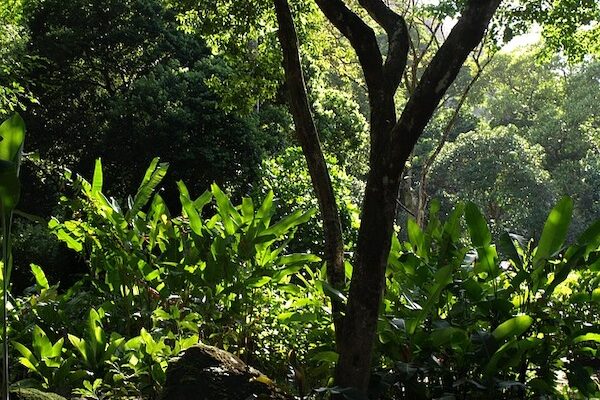
Researchers have revealed a potential mechanism of phosphorus acquisition by plants during succession of subtropical forests, according to a study recently published.

Researchers have revealed a potential mechanism of phosphorus acquisition by plants during succession of subtropical forests, according to a study recently published.
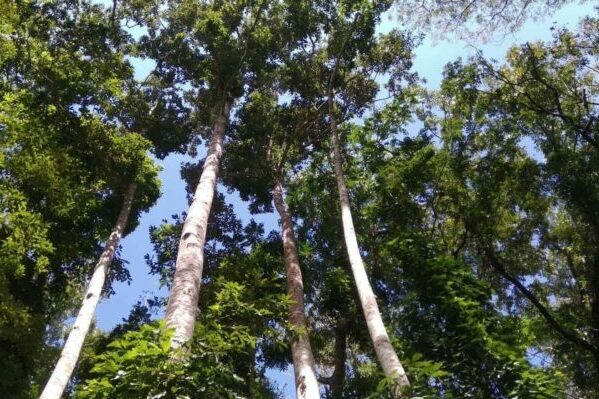
Ecologists develop models that identify major threats to a dominant tree family in the Philippines. Already reduced by deforestation, climate change is set to further undermine their survival.

Deforestation dropped by 18 percent in two years in African countries where organizations subscribed to receive warnings from a new service using satellites to detect decreases in forest cover in the tropics.

A new study assembled an array of experts to highlight major trends that will impact the world’s forests, and the people living around them, in the decade ahead; these trends include drought, viral outbreaks and vast infrastructure expansions across.

Only 40 per cent of forests are considered to have high ecological integrity, according to a new global measure, the Forest Landscape Integrity Index. This index has been created by 47 forest and conservation experts from across the world
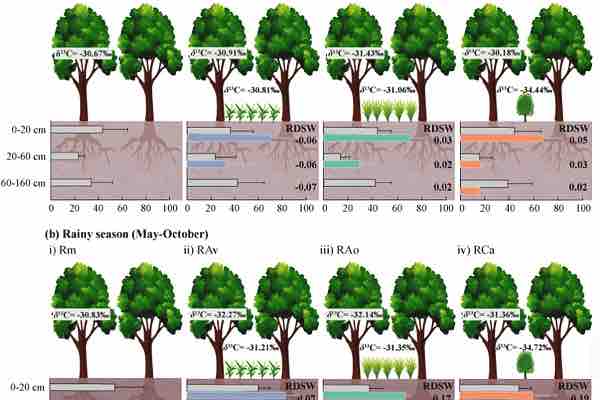
The rubber-based agroforestry systems have been recently established to provide a promising solution for the sustainable development of rubber cultivation. However, the water relations between rubber trees and the intercrops remain poorly understood.

Questions about the origin of nature have fascinated humans since the dawn of culture. One phenomenon of particular interest is the high diversity of forests in the tropics, relative to those in the temperate zone. One prominent hypothesis is that the greater stability of tropical forests allows greater prevalence of pests, each of which then can exert greater damage on its favored host tree than in the temperate zone, particularly when the tree species concerned becomes common.
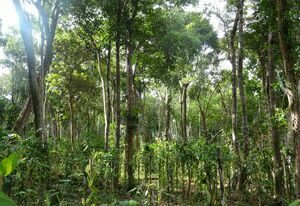
The cultivation of vanilla in Madagascar provides a good income for small-holder farmers, but without trees and bushes the plantations can lack biodiversity. Agricultural ecologists have investigated the interaction between prey and their predators in these cultivated areas.
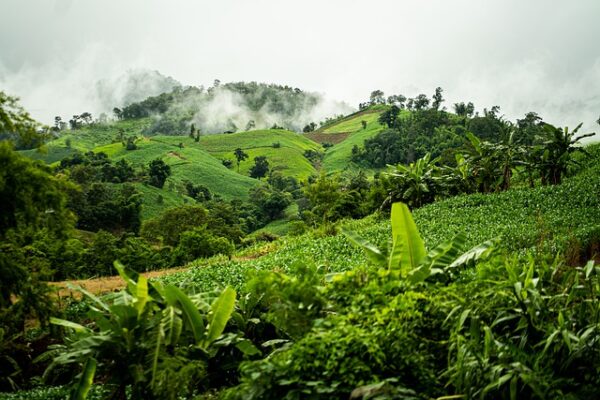
In the face of the Covid-19 pandemic and the mounting threat of climate change, forests and trees are vital for the rural poor in countries around the world. However, the poor are rarely able to capture the bulk of benefits from forests. A global science assessment analyses how forests can realize their potential to reduce poverty in a fair and lasting manner.

Tropical forests may be more resilient to predicted temperature increases under global climate change than previously thought, a study published suggests. The results could help make climate prediction models more accurate, according to the authors.